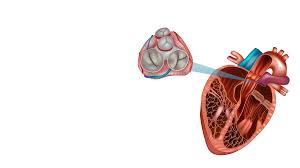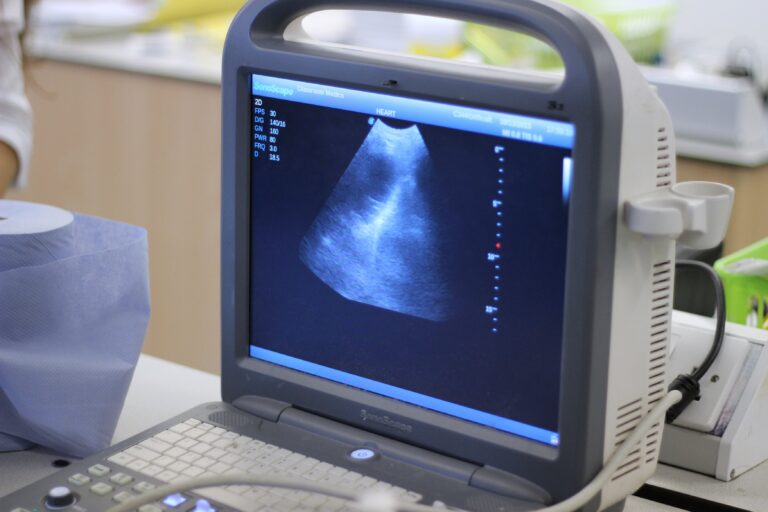Eat Smart, Live Healthy
High blood pressure, also known as hypertension, is a common health issue that affects millions of people worldwide. Often called the “silent killer,” it usually doesn’t have obvious symptoms but can lead to serious problems like heart disease, stroke, and kidney damage if left untreated.
The good news? You don’t always need medication to manage blood pressure—your kitchen could hold the key. The foods you eat every day play a powerful role in controlling your blood pressure. In this article, we’ll explore the top foods that naturally lower blood pressure, explain how they work, and give you tips on how to include them in your daily routine.
🌿 1. Leafy Greens
Leafy greens like spinach, kale, swiss chard, and arugula are rich in potassium, a mineral that helps your body get rid of excess sodium through urine. Sodium is a major contributor to high blood pressure, and reducing it can make a big difference.
Tip: Add spinach or kale to your morning smoothie, salads, or stir-fry for a simple blood pressure-friendly meal.
🍌 2. Bananas
Bananas are a well-known potassium powerhouse. One medium banana contains about 420 mg of potassium. Eating potassium-rich foods helps balance the amount of sodium in your body and eases tension in your blood vessel walls.
Tip: Eat a banana as a snack, add it to oatmeal, or blend it into a smoothie.
🧄 3. Garlic
Garlic is more than just a flavor booster. It contains a compound called allicin, which has been shown to help relax blood vessels and improve blood flow. Studies suggest that garlic can be almost as effective as some prescription medications in lowering blood pressure.
Tip: Use fresh garlic in cooking or try garlic supplements (after talking to your doctor).
🫐 4. Berries (Especially Blueberries)
Berries are rich in antioxidants, particularly flavonoids, which may help lower blood pressure by improving the health of your blood vessels. Blueberries, strawberries, and raspberries have been linked to improved heart health in several studies.
Tip: Add a handful of berries to your cereal, yogurt, or as a dessert.
🐟 5. Fatty Fish
Fish like salmon, mackerel, and sardines are rich in omega-3 fatty acids. These healthy fats reduce inflammation, lower triglycerides, and help regulate blood pressure. Eating fatty fish at least twice a week is beneficial for your heart.
Tip: Bake or grill salmon and serve it with steamed vegetables for a heart-healthy meal.
🥛 6. Low-Fat Yogurt and Milk
Dairy products that are low in fat are good sources of calcium—another mineral important for maintaining healthy blood pressure. Studies show that people who consume more low-fat dairy products tend to have lower blood pressure.
Tip: Choose plain, low-fat yogurt and top it with fresh fruits or a sprinkle of nuts.
🥬 7. Beets
Beets are high in nitrates, which help widen blood vessels and improve blood flow. Drinking beet juice can lead to an immediate drop in blood pressure, often within just a few hours.
Tip: Roast beets as a side dish or juice them with carrots and ginger for a healthy drink.
🫘 8. Beans and Lentils
Beans, lentils, and other legumes are full of fiber, potassium, and magnesium—all of which support healthy blood pressure levels. They also help with weight management, which is key to managing hypertension.
Tip: Add chickpeas or lentils to soups, salads, or rice dishes.
🥜 9. Nuts and Seeds
Unsalted nuts like almonds, walnuts, and seeds like chia and flaxseed are excellent for your heart. They’re rich in magnesium, healthy fats, and fiber—all of which help regulate blood pressure.
Tip: Eat a small handful of nuts as a snack, or sprinkle seeds on your oatmeal or yogurt.
🍫 10. Dark Chocolate
Yes, you read that right! Dark chocolate (70% cocoa or more) is packed with flavonoids, which help relax blood vessels and improve blood flow. Just remember, moderation is key—too much can add unwanted sugar and calories.
Tip: Enjoy a small square of dark chocolate after dinner or melt it over fruit slices.
💧 Bonus Tip: Don’t Forget Water
Staying hydrated is essential for maintaining a healthy blood pressure. Dehydration can make your blood thicker, which forces your heart to work harder. Drink water consistently throughout the day.
🧠 How These Foods Help Your Body
Let’s quickly break down how these foods support blood pressure health:
| Nutrient | Role in Lowering BP | Found In |
|---|---|---|
| Potassium | Balances sodium, relaxes blood vessels | Bananas, leafy greens, beans |
| Magnesium | Helps regulate blood pressure | Nuts, seeds, whole grains, legumes |
| Fiber | Lowers cholesterol, improves heart health | Beans, oats, fruits, and vegetables |
| Omega-3 Fatty Acids | Reduces inflammation, improves blood flow | Fatty fish like salmon, mackerel |
| Nitrates | Dilates blood vessels | Beets |
| Flavonoids | Antioxidant that improves circulation | Berries, dark chocolate |
🥗 Lifestyle Tips to Go With These Foods
While food is powerful, it’s even more effective when combined with other healthy lifestyle changes:
- Reduce salt intake (aim for less than 1500 mg/day).
- Exercise regularly – even 30 minutes of walking daily helps.
- Limit alcohol and quit smoking.
- Manage stress with techniques like meditation or deep breathing.
- Maintain a healthy weight.
✅ Final Thoughts
Managing high blood pressure doesn’t have to be overwhelming or depend entirely on medication. By including these natural, nutrient-rich foods in your daily routine, you can take control of your health in a simple and enjoyable way. Small changes in your diet can lead to big results over time.
Remember: Always talk to your healthcare provider before making significant changes to your diet, especially if you’re already on blood pressure medication.
❓ Frequently Asked Questions (FAQs)
1. How fast can food lower blood pressure?
Some foods, like beet juice or garlic, may have a temporary effect within a few hours. However, for lasting results, a consistent healthy diet over weeks or months is needed.
2. Can I stop my medication if I eat these foods?
No. Never stop or change your medication without consulting your doctor. These foods can support your health, but they should complement—not replace—your treatment plan.
3. Are there any foods I should avoid if I have high blood pressure?
Yes. Avoid processed foods, salty snacks, canned soups, pickles, and anything high in sodium or saturated fat. Read labels carefully.
4. Is coffee bad for high blood pressure?
Caffeine can cause a short-term spike in blood pressure. If you’re sensitive to it, limit your intake or talk to your doctor about safe amounts.
5. Do I need to eat all these foods every day?
No, but aim to include a variety throughout the week. Mix and match different foods to keep meals tasty, balanced, and heart-healthy.



